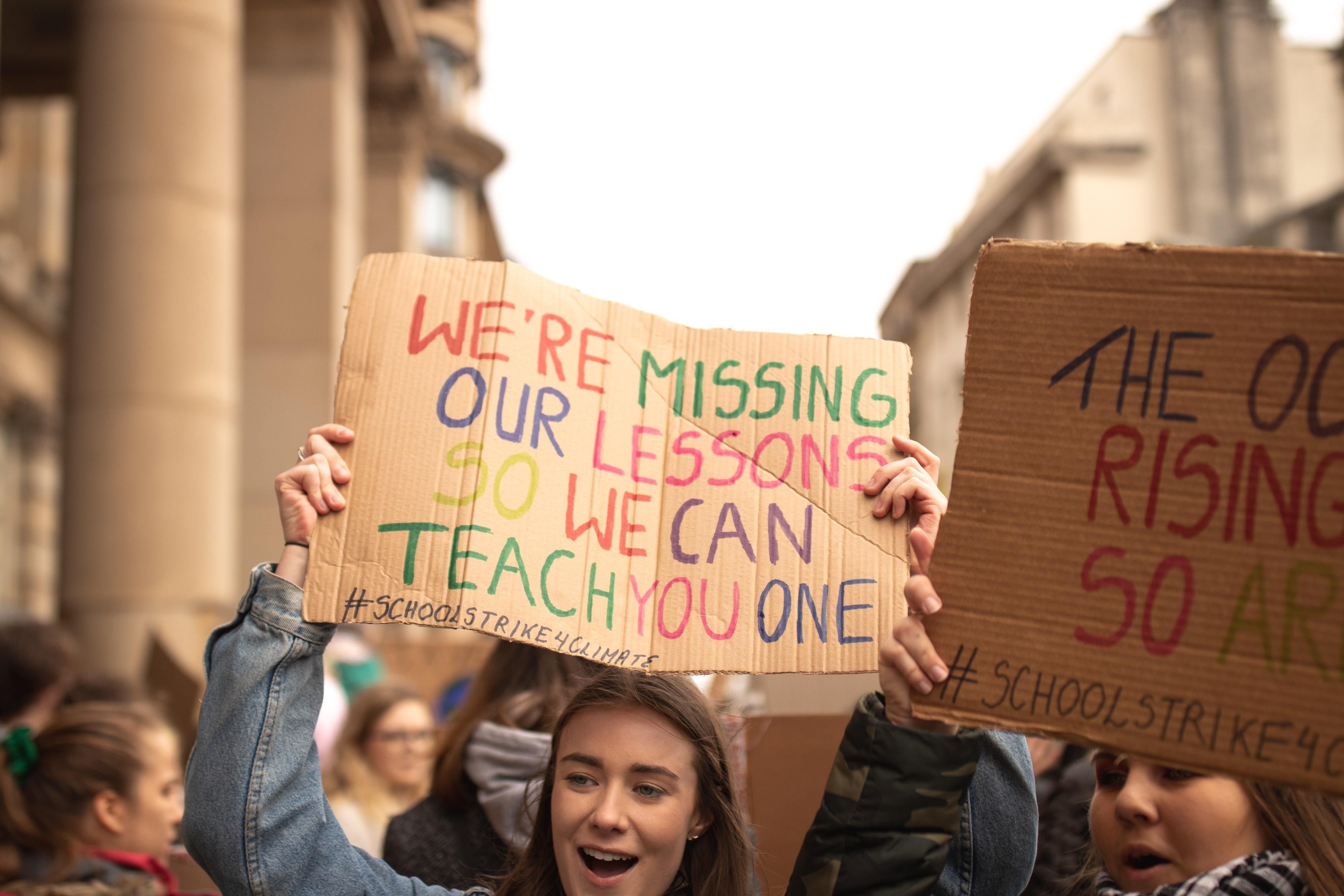Global Perspectives on Gen Z's Cultural Shift
As part of our efforts to share the results of our global Gen Z trend report, we took part with Global Citizen in a riveting webinar hosted by The Resource Alliance, an organisation dedicated to connecting internationally minded people from around the world to tackle issues affecting everyone – poverty, inequality, and climate change.
At this webinar, our research director and co-founder Martijn Lampert presented our findings (which can be found and downloaded here) concerning the cultural revolution taking place among Gen Z. The main points are that Gen Z across the world is looking for freedom and emancipation, but is also suffering from feelings of pessimism and being let down by society. Amidst this rising pessimism, and in the throes of so many crises (climate change, covid-19, wars) it could be easy to imagine Gen Z responding with cynicism or even fatalism.

This is not the case. Aside from Martijn telling us about the struggles we see Gen Z go through, there were also a number of other speakers who presented their point of view, and what they were doing in an attempt to change things for the better.
First we heard from Michael Sheldrick, from Global Citizen, who told us about how they encourage action and conversation, and gave inspiring examples of successful campaigns going on around the world – from the US to Brazil to South Africa, there were examples of people standing up for what they believe in and making a difference. He emphasised the importance of conversation and advocacy, how one person having a conversation with just a few people can be the start of reaching hundreds, or thousands more.
Next we heard from Nii Noi Omaboe, a young activist who is striving to make real change in his own country. He talked about how he felt recognised by the trend report, especially when it came to the part that young people are underrepresented in governance. Half the world is under the age of thirty, yet less than 2.6% of parliament members worldwide fall into that age group. Nii talked about how protests and activism are important, but to make real, lasting change we have to be willing to sit at the table and work things out. He is especially concerned about human rights and social issues, and feels like Gen Z’s increasing tendency to hold a global, international point of view rather than focusing within their own borders, is an incredible asset that promises much for the future.

Then we heard from Brian Maina, another young activist. His advice to (especially the older people in the audience) was to give Gen Z space at the table. Make them a part of the conversation, be willing to work as a collective. The world is changing, and we need to change with it. Be willing to learn from them. At the same time though, he didn’t want the younger audience to feel like they should wait until they were invited. “If the grownups aren’t willing to invite you to the table, build your own table, do your own thing.” We need to work together, but we also need to take responsibility, and be the change we want to see. Another proverb that particularly stuck with me was “Unless the lion learns how to write the story will always glorify the hunter.” Gen Z needs to learn how to share their point of view, write their story, and change the narrative.
The last speaker was Hanson Dorcas Amanor. She told us about the importance of providing safe spaces for people and giving them room to speak up. Aside from that, she echoed Nii’s point of view that while activism was important, there was a real need for people in power to be brought on side. Activism without funding is just shouting in the streets. When nobody knows there’s a problem it’s a good first step, but when it comes to making change and having impacts, funding is essential.
We ended the webinar by going into breakout groups and discussing what we felt were the most impressive or surprising outcomes from the research and from the speakers’ stories. What we discussed in our breakout room was mostly focused on the impact that being digital natives and so very connected has on Gen Z.
Gen Z is confronted with a lot of information and this can lead to a very pessimistic worldview, and people feeling empathy burnout. There’s a lot of awful things happening across the world, and if someone were to feel strongly about all of it it’s no wonder they feel overwhelmed and helpless.
Perhaps the way forward is to frame things in ways that people can interact meaningfully with them, giving them ways to contribute to solutions rather than feeling like they are only observers.

